5 Brain-Based Teaching Strategies For Student Engagement
Brain-based teaching strategies include simply predicting and responding, which require the brain to actually engage.
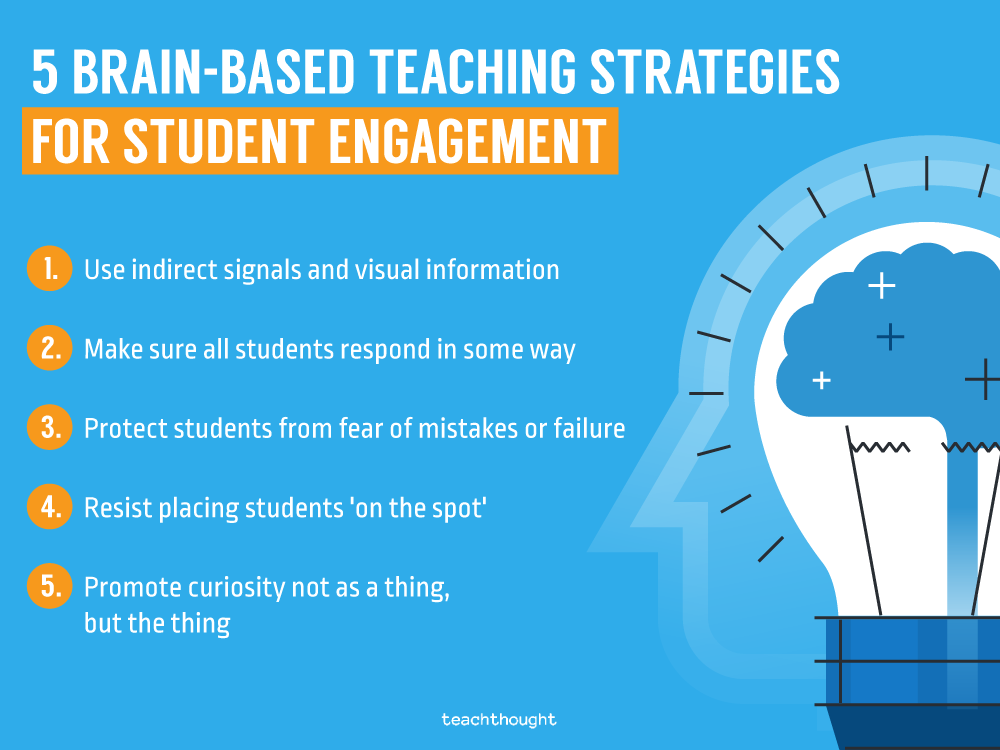
Brain-based teaching strategies include simply predicting and responding, which require the brain to actually engage.
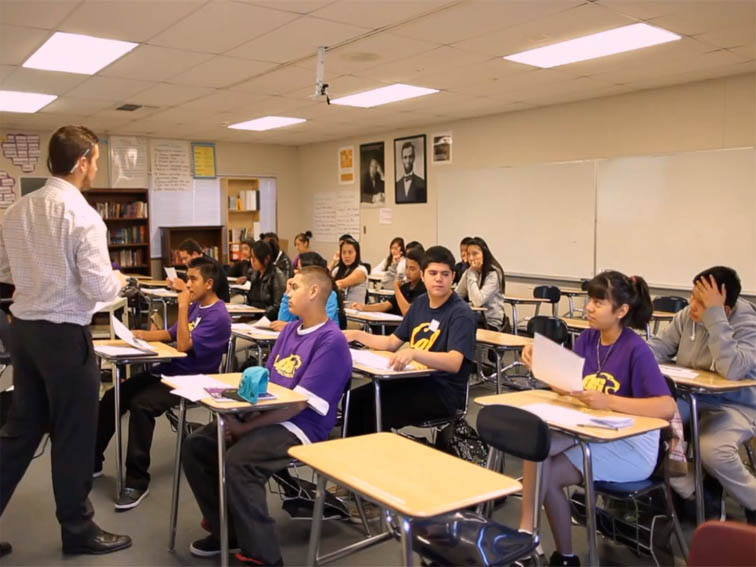
The First Day Of School In A 9th Grade Classroom That Runs Like Clockwork: A Video Of Classroom Management We don’t talk much about classroom management here at TeachThought. (Well, sometimes we do.) First and foremost, our mission is to both think about and enable better ways of learning in highly-connected, 21st century society: critical thinking,…
Mashing Genius Hour With Project-Based Learning contributed by Dawn-Casey Rowe, Social Studies Teacher “Miss, it’s reading period,” one student reminded me. That’s the one period a week we all read together. This week, though, we’re a bit behind. “Well,” I said, we have to finish this section, and if we have reading period today, we…
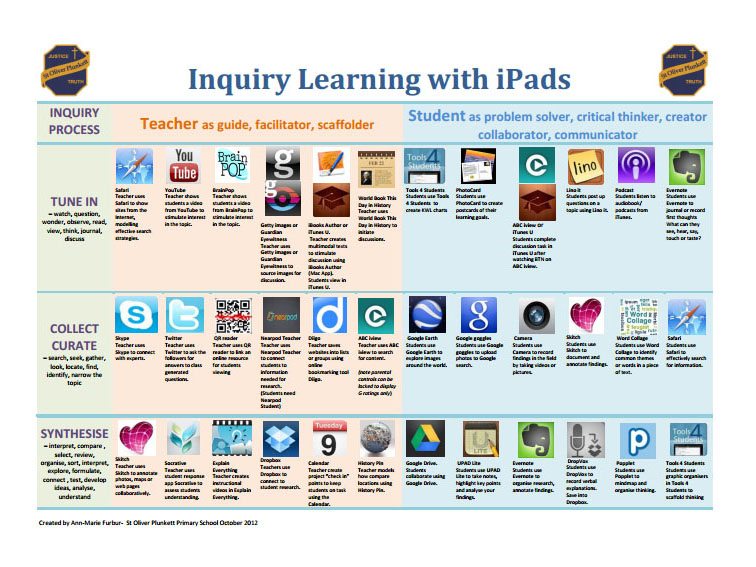
St Oliver Plunkett Primary School has shared two images that can help you populate your iPad with apps that support inquiry-based learning.
contributed by Sharon Kebschull Barrett Imagine working in a school where all teachers have the chance to improve their craft and be rewarded for getting better, working in a school with genuinely useful professional development that flows naturally through your workday. Imagine schools that let teachers focus on their strengths—whether specific subjects in elementary schools or…
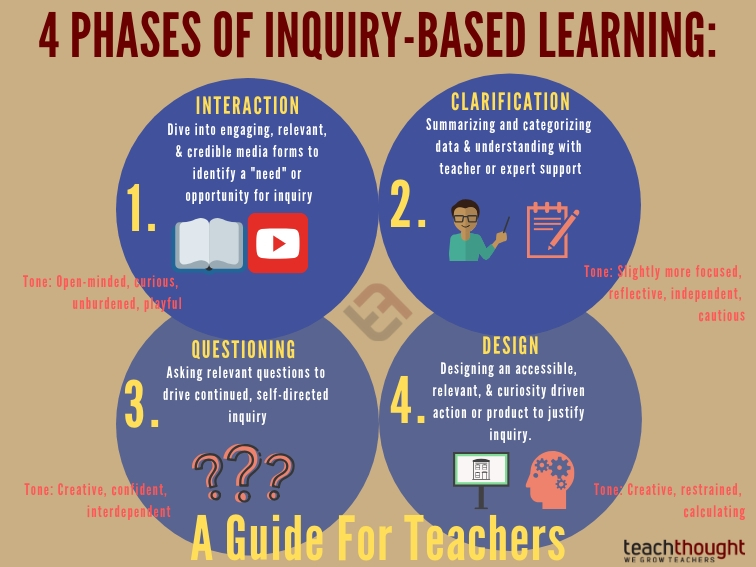
After researching, this stage of the inquiry process is centered around students clarifying both their own thinking.
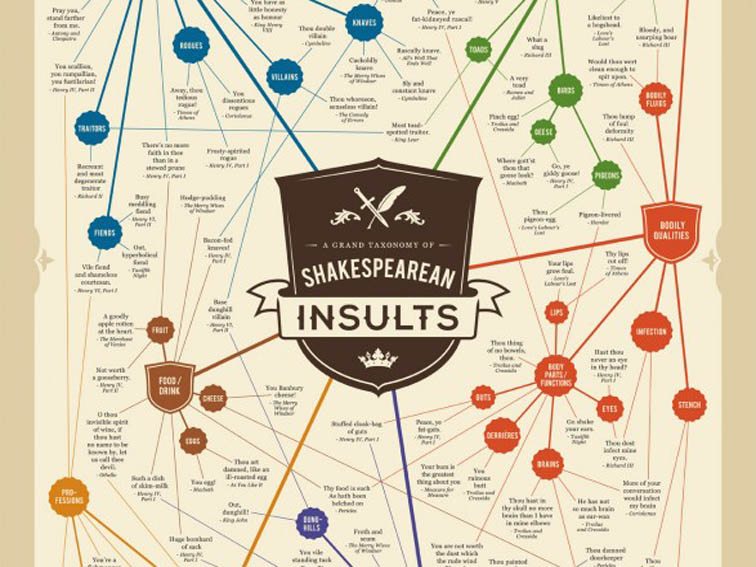
How To Swear Like Shakespeare: A Grand Taxonomy Of The Bard’s Choice Words For those literature teachers stuck in 2013 who need an edge on a generation of students increasingly speaking in an odd combination of text-speak and hip-hop, there is the following infographic from charleychartwell.com. You will not find emaciated phrases such as awesome,…
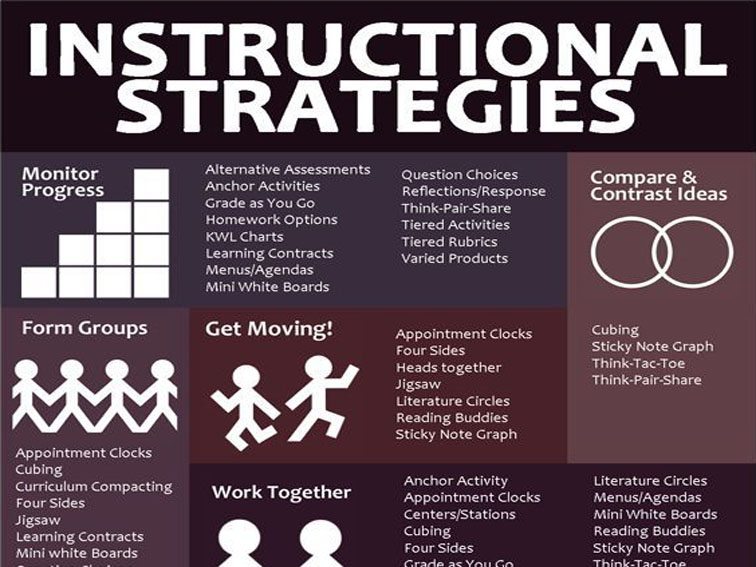
These 50+ strategies to jumpstart your teaching brain include literacy strategies, approaches to assessment, and grouping strategies.
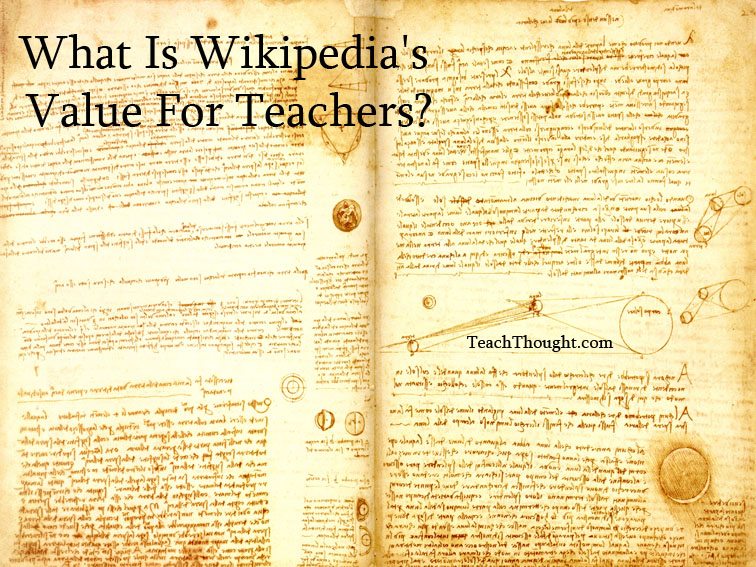
What Is The Value Of Wikipedia For Teachers? Imagine a digital pile of everything we know. Or that we notice and think about. A kind of codex for humanity, in the form of encyclopedic entries on everything from String Theory & Quantum Mechanics, to a listing of every single ancient Jedi, Bigfoot trap, and internet meme…
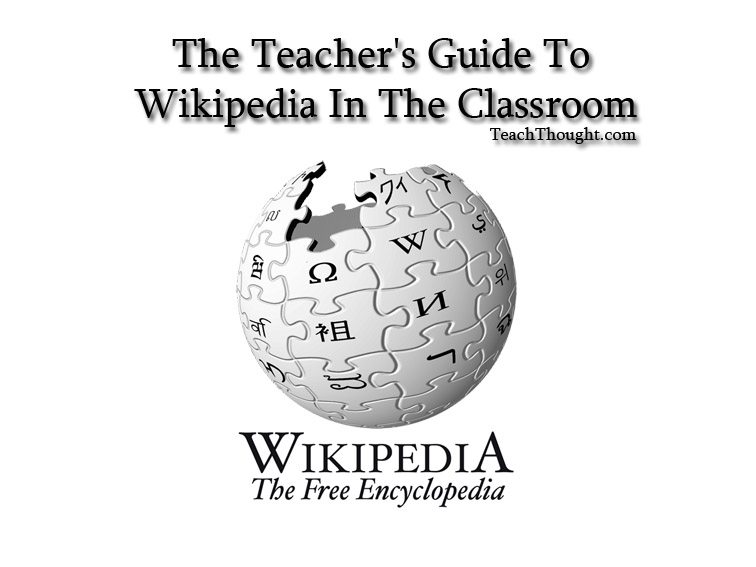
This guide, in the form of 11 questions and answers, helps clarify certain misconceptions about what has come to be one of the most popular and frequently used websites in the world. It also can can be found in its entirety on wikipedia.com. As it is created by Wikipedia–or some arrangement of its volunteer editors–it is undoubtedly…
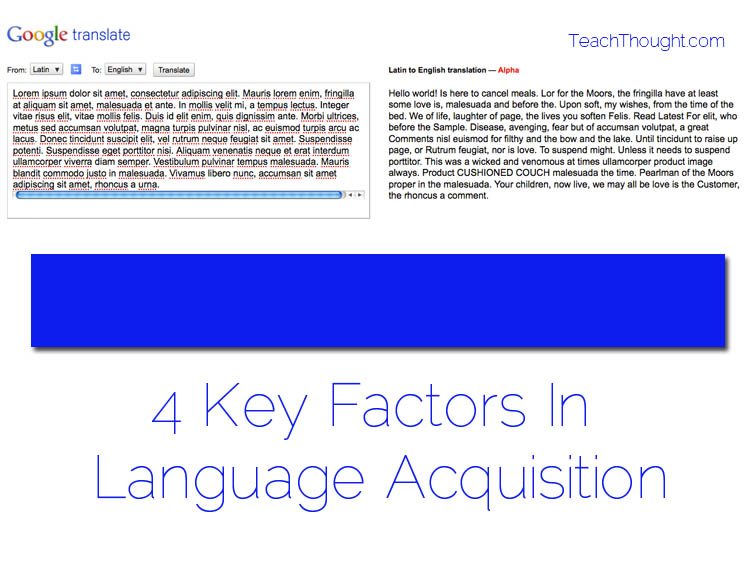
by Andrew Weiler, languagelearningunlocked.com Language learning is one of the most challenging skills to teach in a formal learning environment. Despite the fact that all of us were successful in learning our first language, most people struggle learning a second. Of course there are those who learn multiple languages, and some quite effortlessly it seems,…
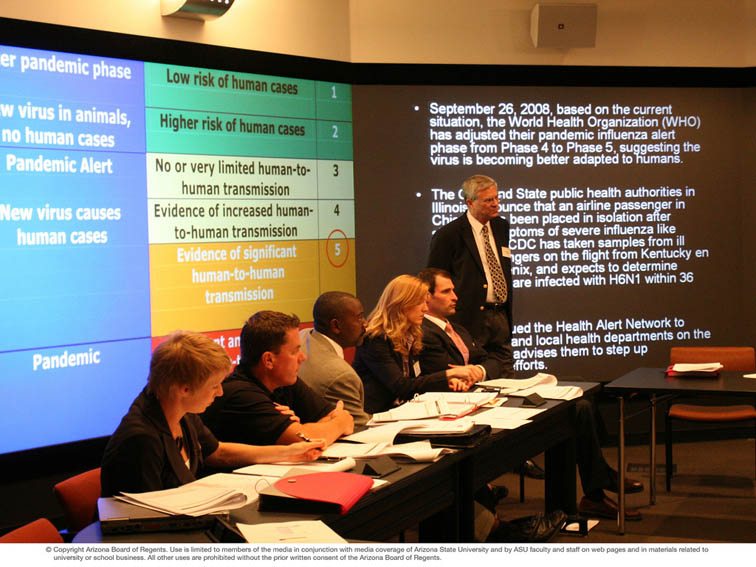
I recently stumbled upon this idea of “decision theater,” a spectacular merging of technology, collaboration, and challenge-based learning. The goal of the Arizona State-based program is to “enable action through knowledge-based decision processes,” and this is interesting (to you and I) for a variety of reasons: 1. The structured interaction between “decision-makers” and technology 2. The…
End of content
End of content